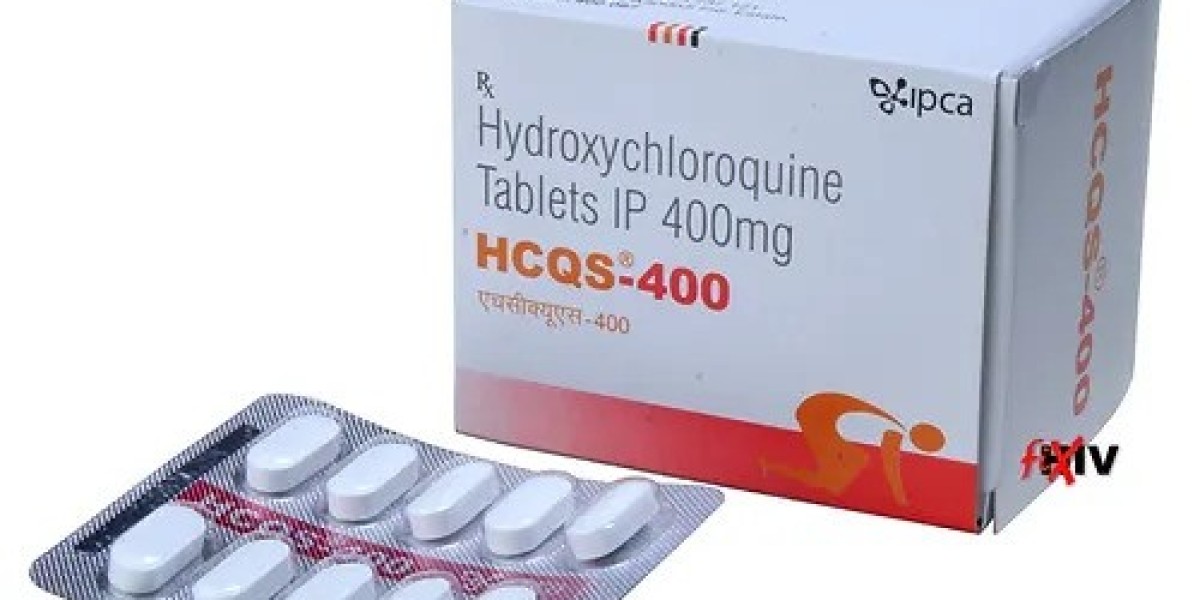Buy Hydroxychloroquine, initially designed for malaria and autoimmune diseases, can help treat a range of skin issues, notably, eczema and psoriasis. Its properties that control and reduce inflammation offer hope, giving relief from troubling symptoms and increasing life quality for sufferers.
Here, we delve into how Hydroxychloroquine aids people with skin conditions, concentrating on eczema and psoriasis. Eczema, or atopic dermatitis, is a chronic skin ailment causing dry, itchy, and inflamed sores. Psoriasis is somewhat the same, with red, scaly patches and potential discomfort. Both are due to faulty immune responses and skin inflammation, which triggers skin barrier breakdown and unusual cell growth.
So, how does Hydroxychloroquine work? The drug helps by:
a. Calming the immune system, which dampens inflammation and immune-damage.
b. Providing potent anti-inflammatory effects, which lessens eczema and psoriasis symptoms like itching, redness, and swelling. In cases of chronic or resistant eczema, Hydroxychloroquine has proven valuable. The drug reduces itching, redness, and lesions. It’s used alone or with other treatments for the best results.
Considering psoriasis, Hydroxychloroquine also performs well, but is better for mild to moderate cases. The results vary by individual, and it's not the first choice for treatment. Beyond eczema and psoriasis, other skin conditions showing inflammation and immune issues might also benefit from Hydroxychloroquine.
For example:
a. Lupus Erythematosus: Hydroxychloroquine brings relief and helps avoid further outbreaks.
b. Dermatomyositis: By reducing skin inflammation, Hydroxychloroquine results in improved patient outcomes.
c. Sarcoidosis: The drug decreases inflammation and granuloma formations in skin lesions. In conclusion, Hydroxychloroquine has proven to be valuable for various skin conditions, offering symptom relief and better life quality. Its application should be based on professional advice, scientific guidelines, and careful risk-benefit considerations. More studies would better define Hydroxychloroquine's best uses and future possibilities in dermatology.








